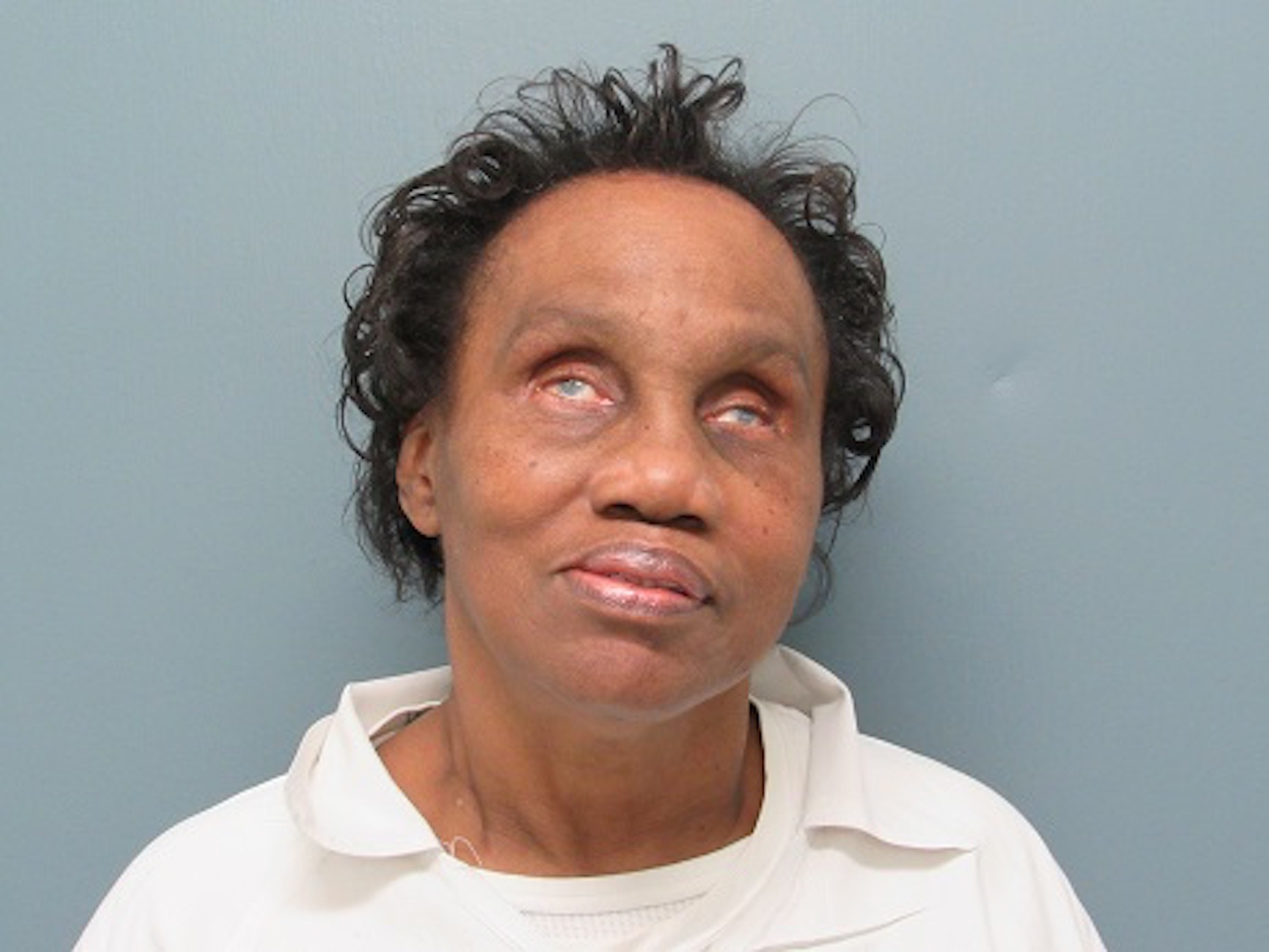Arkansas Grants Parole To Willie Mae Harris Three Decades After She Was Convicted For Killing Her Husband
Harris, now 72 and blind, was sentenced to life in prison in 1985. Since she first started petitioning for executive clemency in 1998, the state’s parole board recommended her for release five times.

The Arkansas Parole Board has agreed to release Willie Mae Harris, who in 1985 was sentenced to life in prison for the shooting death of her husband, a man she said had abused her for years.
Harris, now 72 and blind, has been incarcerated at the Wrightsville Women’s Facility, southeast of Little Rock, for 34 years. In March, Governor Asa Hutchinson cleared the way for Harris’s release by announcing plans to commute her sentence and making her immediately eligible for parole. Harris was interviewed by the parole board earlier this month and the panel announced its decision on Monday.
“You just don’t understand the joy that I’m feeling right now,” Harris’s daughter, Silvia Harris Wilkins, told The Appeal. Wilkins was 14 when her mother was convicted of first-degree murder.
“My biggest fear was burying my mother in prison,” she said. “Just to know that I don’t have to do that and she’s coming home is such a relief.”
Harris, who is planning to live in Texas with her two daughters, will be freed in 45 days at the most, the maximum time Arkansas and Texas are allotted to agree on the parameters of her parole, according to her attorney.
“You can hear it in her voice, nothing but joy, the smile in her voice. She’s just excited,” Wilkins said of her mother’s reaction to the news of her release.
To celebrate, Wilkins said she is planning a socially distanced fish fry for her mother in Shreveport, Louisiana, where Harris is from. They also plan to visit the home of Harris’s mother, who died while she was incarcerated.
Harris, whose case was chronicled in The Appeal last year, had been petitioning for release through executive clemency since 1998. The parole board recommended her release five times, but no governor, who has the final decision, agreed.
Hutchinson’s decision to commute Harris’s sentence shocked Harris and her family because in 2015, the year he took office, he denied her petition.
Harris shot her husband, Clyde Harris, in January 1985 during an argument while in bed. After he had accused her of having gonorrhea, he attempted to have anal sex with her, according to her trial testimony. She pulled out a pistol she kept in her purse and started hitting him with it, Harris testified. At one point, the gun went off and the single shot killed Clyde.
At trial, Harris told the jury that her husband’s death was a tragic accident preceded by years of abuse. “When I lie my head down, my husband was threatening to kill me,” she testified. “And I don’t really know what happened. You all believe me, I did not shoot my husband.”
Though there was evidence that could have proved the abuse, Harris’s attorneys, who were court-appointed, presented none of it and Harris was the only person who testified in her defense.
Harris will return home to a far different world than she left. She lost her eyesight while imprisoned and grieved the loss of her mother. Her youngest daughter, Mellowne, was 5 when she was convicted. Now, she will have to contend with the COVID-19 pandemic, which she has taken strict precautions against in the last two months of her incarceration. She lives in a dormitory and rarely leaves her bed in a bid to protect herself from the disease, her attorney, Lee Eaton, told The Appeal. “I just want her out of there before she gets COVID-19,” she said.
Eaton, who has known Harris since 2009, has developed a close friendship with her and is quick to point out Harris’s caring demeanor and sharp sense of humor. Upon receiving the news of Hutchinson’s decision in March, Harris shrieked in excitement, Eaton recounted. “I’m just so happy that she will get to go home and build a relationship with her family, a big wonderful family,” she said.
